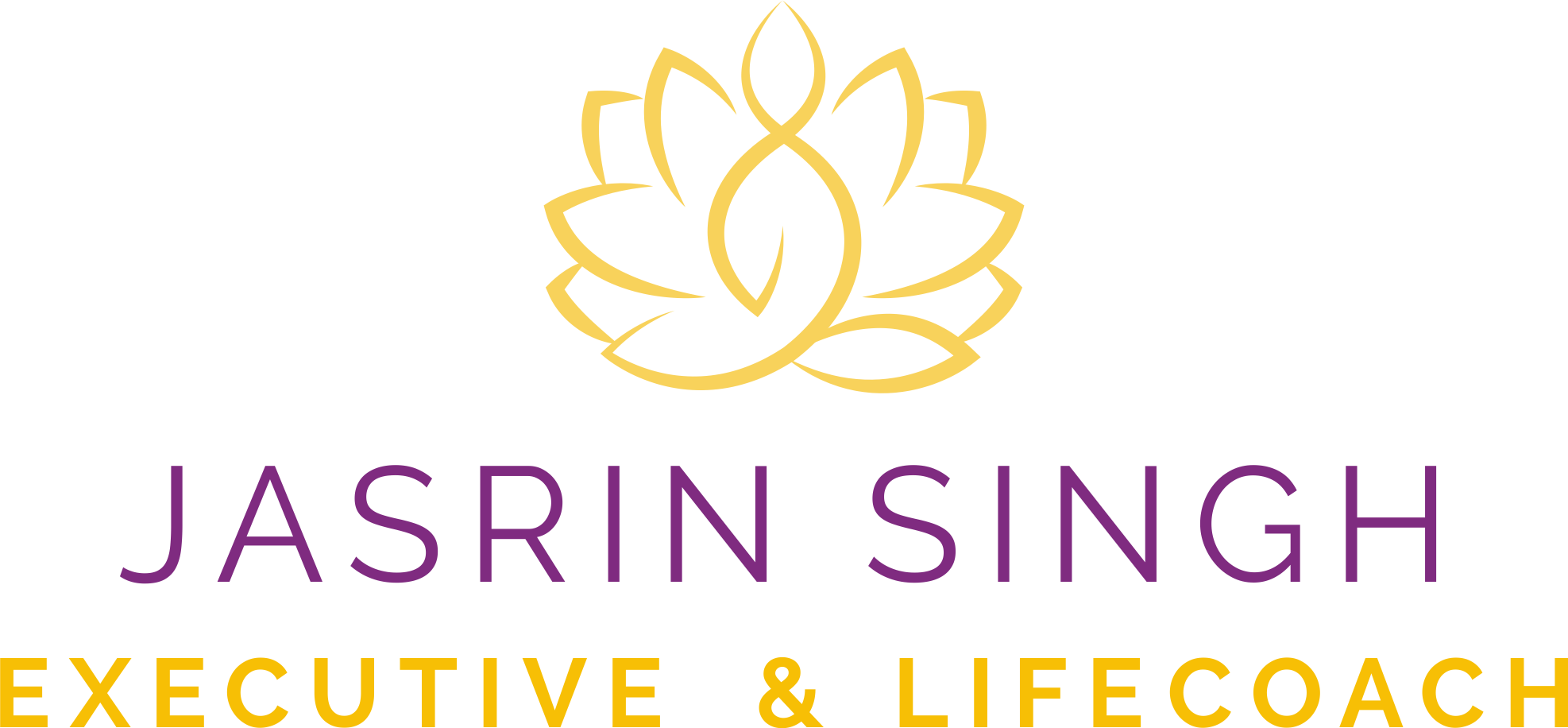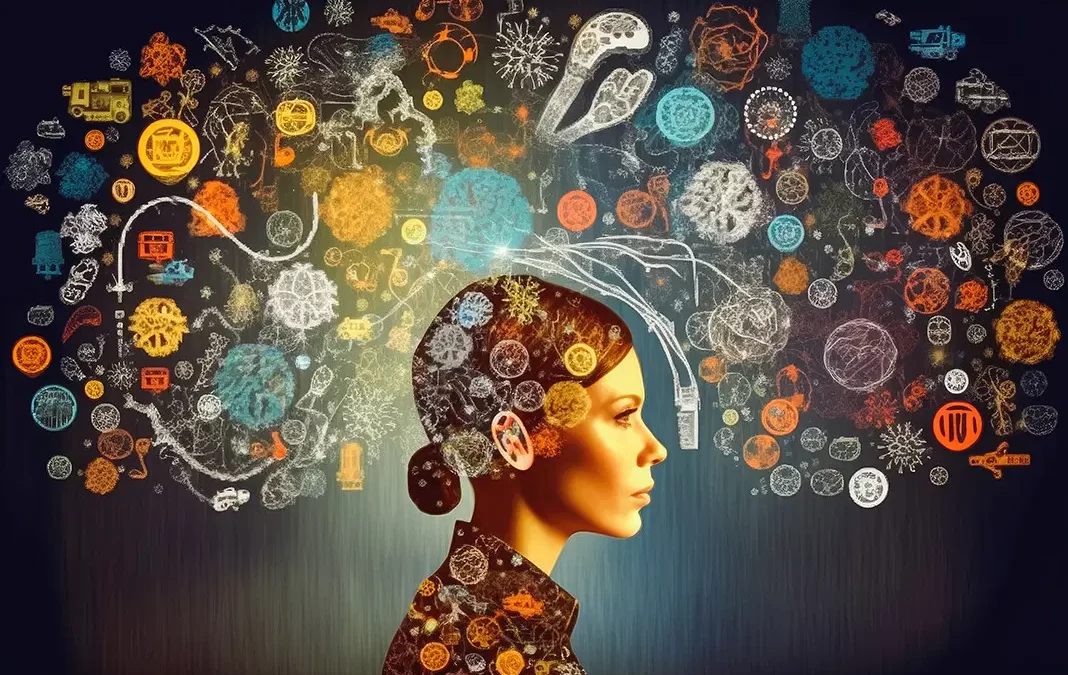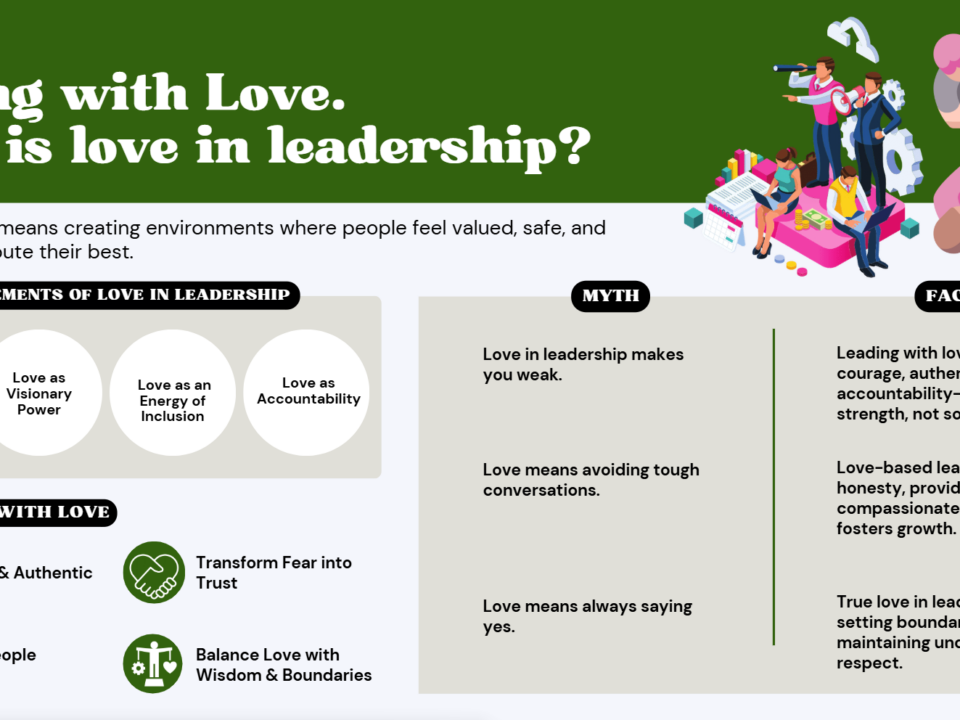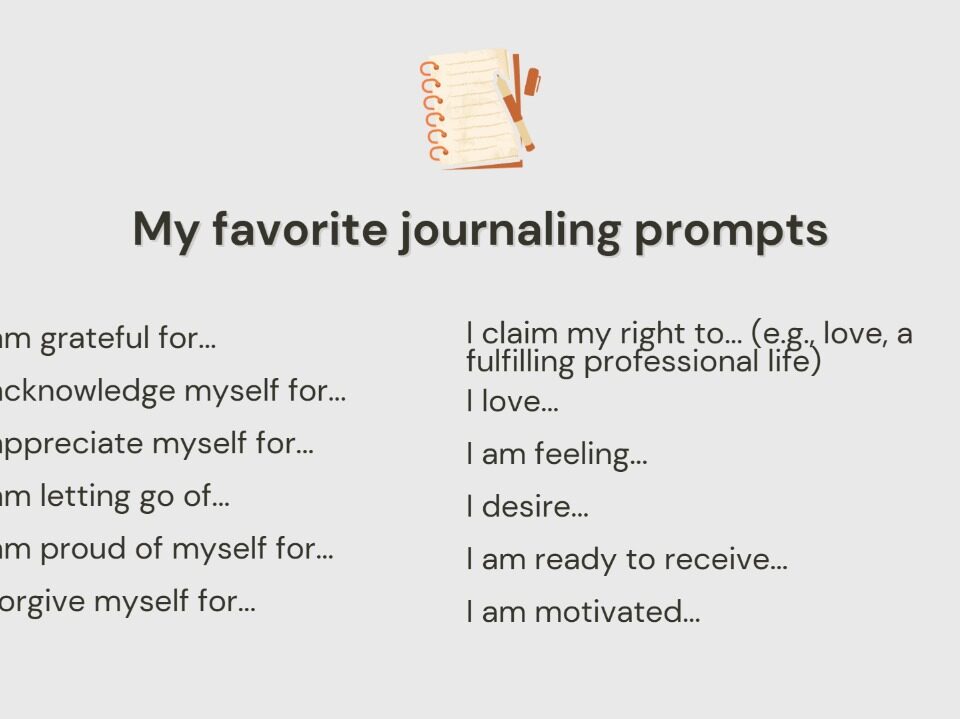
Elevating Performance and Consciousness Through Spiritual Practices
March 26, 2024
The Power of Language: How Our Words Shape Our Brain, Body, and Emotions
May 29, 2024Introduction:
Hi, I’m Jasrin Singh, an executive and life coach with a deep interest in the transformative power of Emotional Intelligence (EI) for individuals in all walks of life. Through my coaching experiences, I’ve seen EI unlock potential, improve relationships, and lead to personal and professional growth. Let’s dive into what EI is, its importance for everyone, and practical tips for developing this crucial skill.
What is Emotional Intelligence?
Emotional Intelligence is the ability to understand and manage our own emotions, and to recognize and influence the emotions of others. Daniel Goleman, a pioneer in EI research, highlights that it’s a skill that can be developed, not an innate talent. Whether it’s navigating life’s ups and downs, enhancing relationships, or achieving personal goals, EI is a fundamental asset.
We Are Complex Beings:
Humans possess various forms of intelligence, including intellectual (IQ), physical (PQ), emotional (EQ), and spiritual (SQ). While IQ might be what gets us through school, EQ is what gets us through life. It influences how we manage stress, relate to others, and make decisions.
Why EI Matters for Everyone:
EI is crucial for more than just those in leadership roles. It’s about understanding ourselves and those around us, creating deeper connections, and living a more fulfilling life. For instance:
- In Relationships: I’ve coached individuals who’ve found that improving their EI has led to stronger and more harmonious relationships with family, friends, and colleagues.
- During Stressful Times: Another example is learning to identify and manage one’s emotions during challenging periods, which can significantly affect our mental health and well-being.
Developing Your EI:
No matter who you are or what you do, developing EI can benefit you. Here are some steps to get started:
- Self-Awareness: Pay attention to your feelings and reactions. Keeping a journal can be a great way to reflect on your daily emotional experiences.
- Self-Regulation: Techniques like mindfulness, deep breathing, or even going for a walk can help calm intense emotions, allowing for clearer thinking.
- Empathy: Practice putting yourself in others’ shoes. Active listening, without immediately offering advice or judgment, can foster empathy.
- Social Skills: Focus on clear and kind communication. This can improve your interactions and relationships with people around you.
Overcoming Barriers to EI:
One of the biggest challenges in developing EI is confronting our own vulnerabilities. Recognizing that it’s okay to feel insecure or scared and working through these feelings can lead to significant personal growth. For example, acknowledging fear of failure but choosing to move forward anyway can be a powerful step in emotional development.
Conclusion:
Emotional Intelligence is not just a valuable skill for leaders but a foundational aspect of living a richer, more connected life. My journey as an executive coach has reinforced my belief in the power of EI to change lives for the better.
Call to Action:
Begin enhancing your Emotional Intelligence today. Take time to reflect on your feelings, practice mindfulness, and engage in open, honest conversations. The journey towards greater EI is one of continuous learning and growth, but it’s worth every step.




